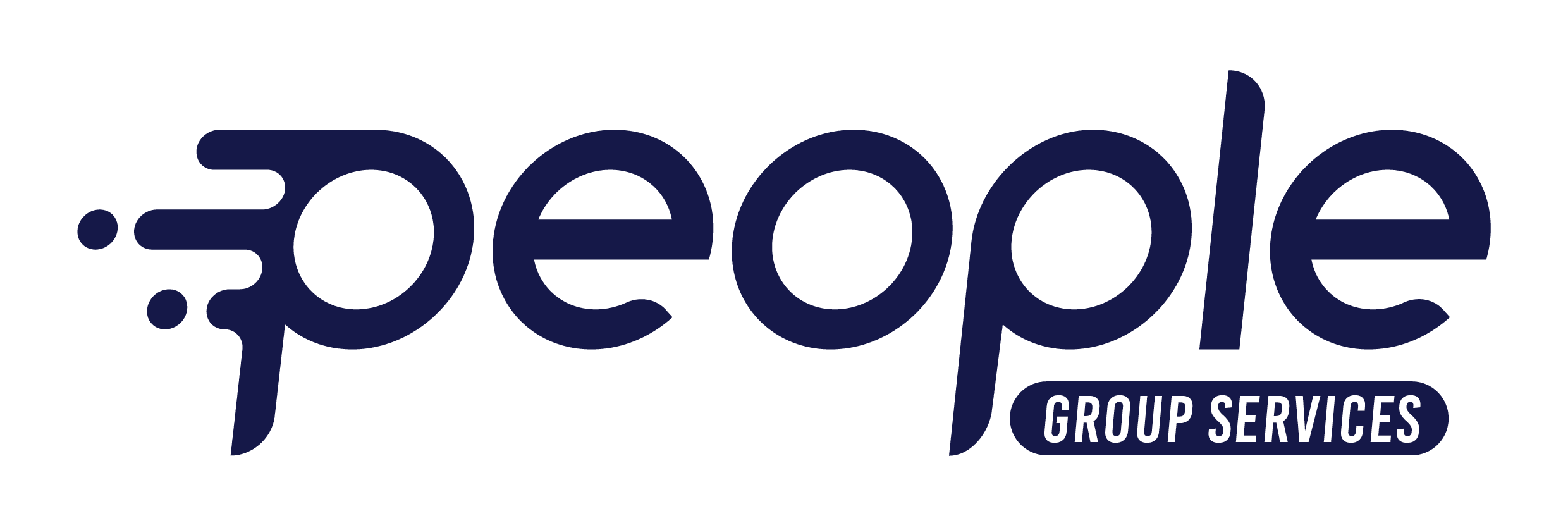How far has recruitment agency technology come?
There is no doubt that the rapid pace of technological innovation is changing the workplace. From where we work, to how we work. And this can only mean change for the recruitment sector too. Is your agency making the most of recruitment technology?
Change can be a challenge, but it also represents opportunity. The Lead Developer at People Group, a leading provider of recruitment technology services to the contingent work sector, shares his views about how technology is shaping recruitment, and why recruitment agencies must be ready to meet the demands of a 21st century workforce.
Recruitment is all about people. Why should recruitment agencies be interested in technology?
“Automation, digital platforms and other technological innovations are all becoming far more commonplace in the workplace generally. Employers are using these tools to speed up recruitment processes. And there’s a growing expectation, especially among top talent, that recruitment agencies do likewise.
It’s partly about improving the user experience. Allowing, for example, applicants to track their applications. It’s also about creating efficiencies for your business. For example, if you recruit for a regulated industry (such as finance or health), digital platforms can help to pool all the data you need to provide for audits. Tech is about providing agencies with a tool that, if anything, frees up more time for providing a personal service to clients.”
What are the current tech trends in recruitment technology?
“The pace of change is quite slow compared to the speed at which other sectors are embracing digital transformation. But recruitment is certainly enthusiastic about how tech can help with compliance.
“This is because of the growing awareness of the multitude of benefits that technological platforms offer. They take out much of the repetitive, time consuming admin type tasks that need to be done each time a recruiter places a worker.
“For example, in the case of a recruitment agency for teachers, we offer digital tools that can automate requests for all the necessary certifications, and – what is more – process this information, essentially handling ‘the paperwork’.”
Read about the People Compliance software platform here.
What are the first steps a recruitment agency might take on the road to digital transformation?
“Try before you buy. There are a lot of digital platforms out there aimed at recruiters and it’s important you try out a software package to ensure it’s the right fit for your organisation. People Group is happy to give companies the time they need to make an informed choice. When you’re going through the trial process, have one eye on what you might need for the future. You want software that can flex with your business needs.”
Find out more about People Engage our workforce management system or the People Compliance platform, both of which are transforming agencies across the UK. If you’d like a demo, get in touch.
What are the challenges involved with rolling out new tech?
“Some people don’t like change. You need the buy-in of your whole team, and this means communicating the benefits of any new tech to them. Explain how it will make your workers’ job easier; taking away boring tasks and allowing them to focus on the core activity of matching talent to employers.”
What will the recruitment sector look like in ten years – and beyond?
“We’re already seeing more use of Artificial Intelligence (AI) managed ‘Talent Pools’ to match employers and talent. These aim to streamline the recruitment process, automate some communication and so save time and other resources for both applicant and employer. We can expect to see AI play an ever-greater role in recruitment technology advancements. And it will be the recruitment agencies which keep pace with technological innovation that will enjoy long-term business growth.”
Talk to People Group about your recruitment technology requirements
You may also like: 5 Ways Technology Will Transform Recruitment by People Group & 5 Key Recruitment Technology Trends for 2019 by Information Age




